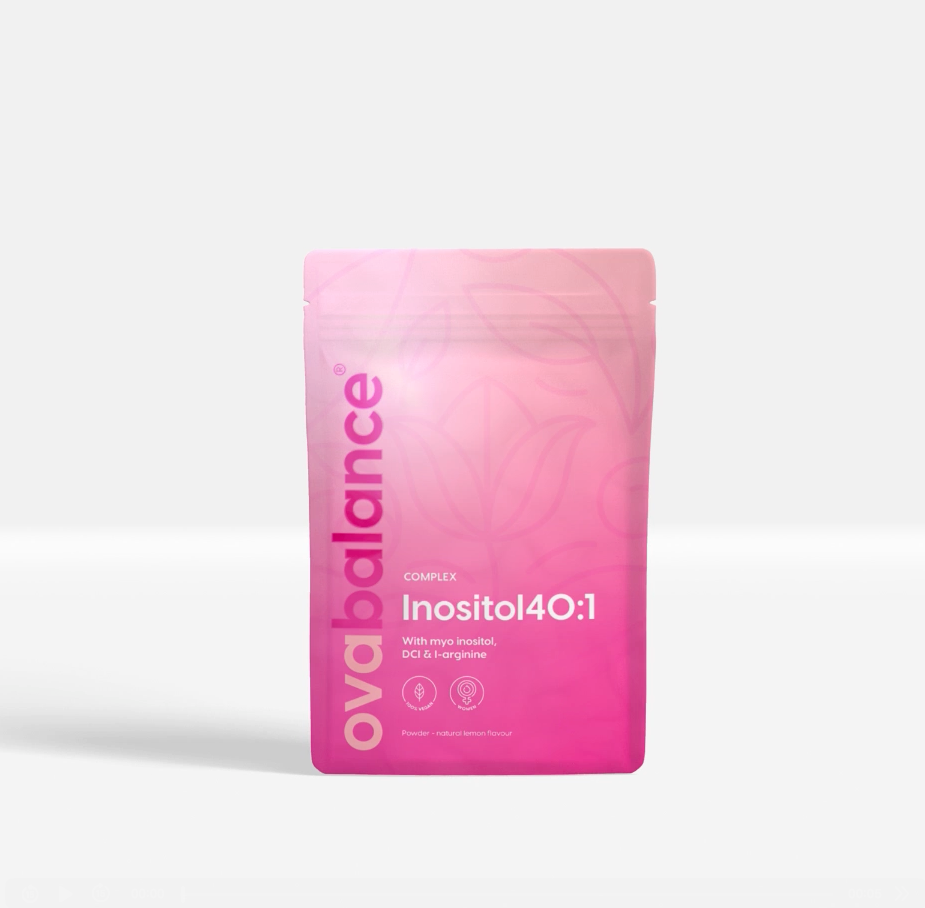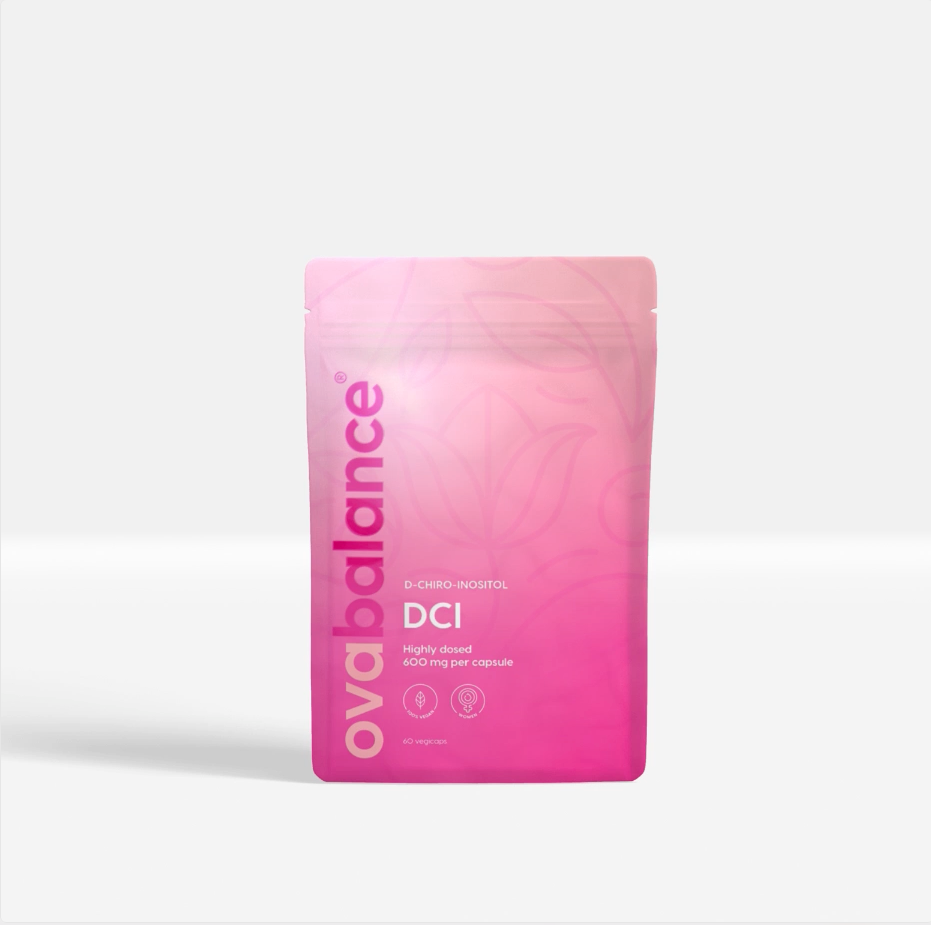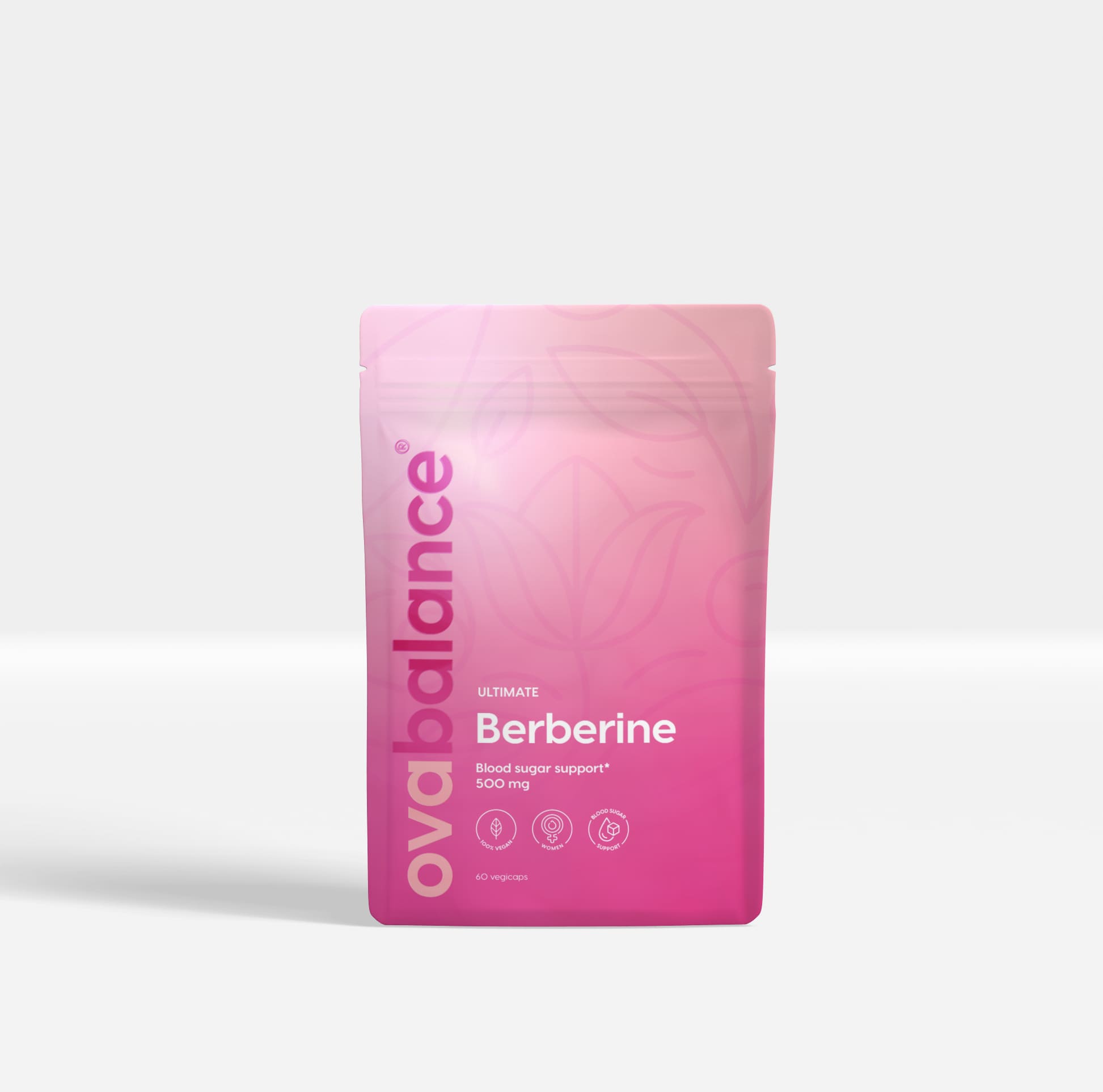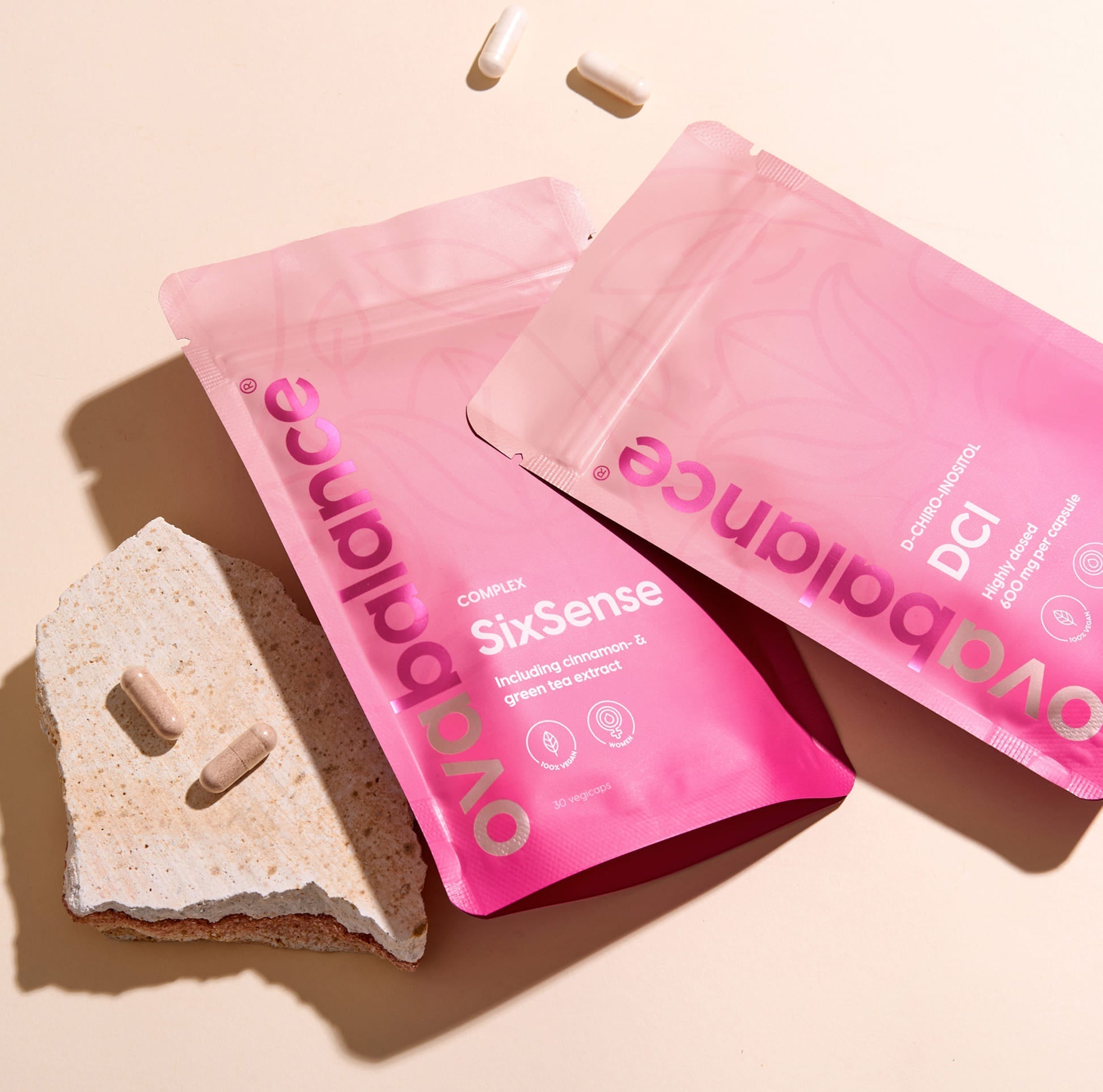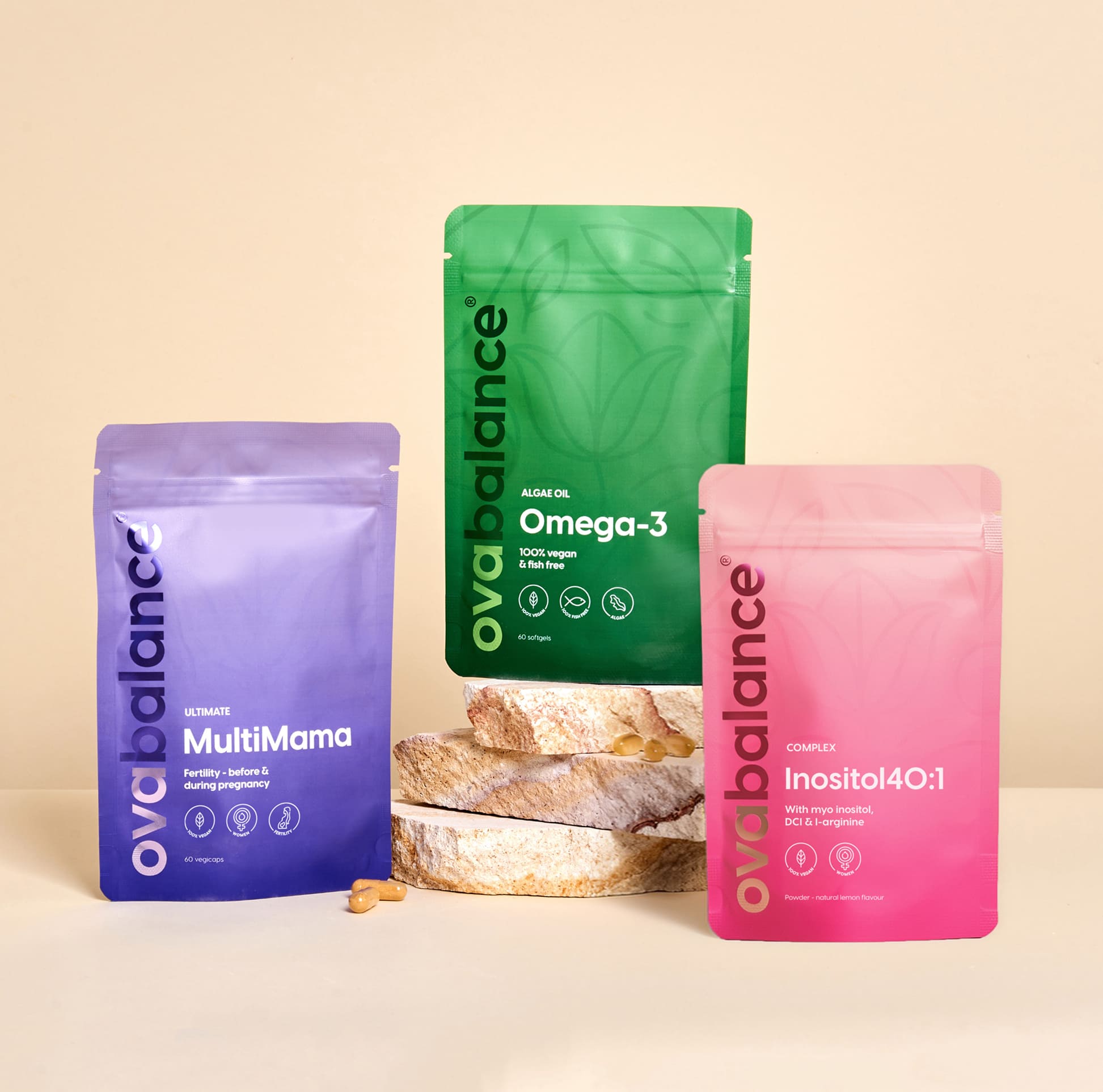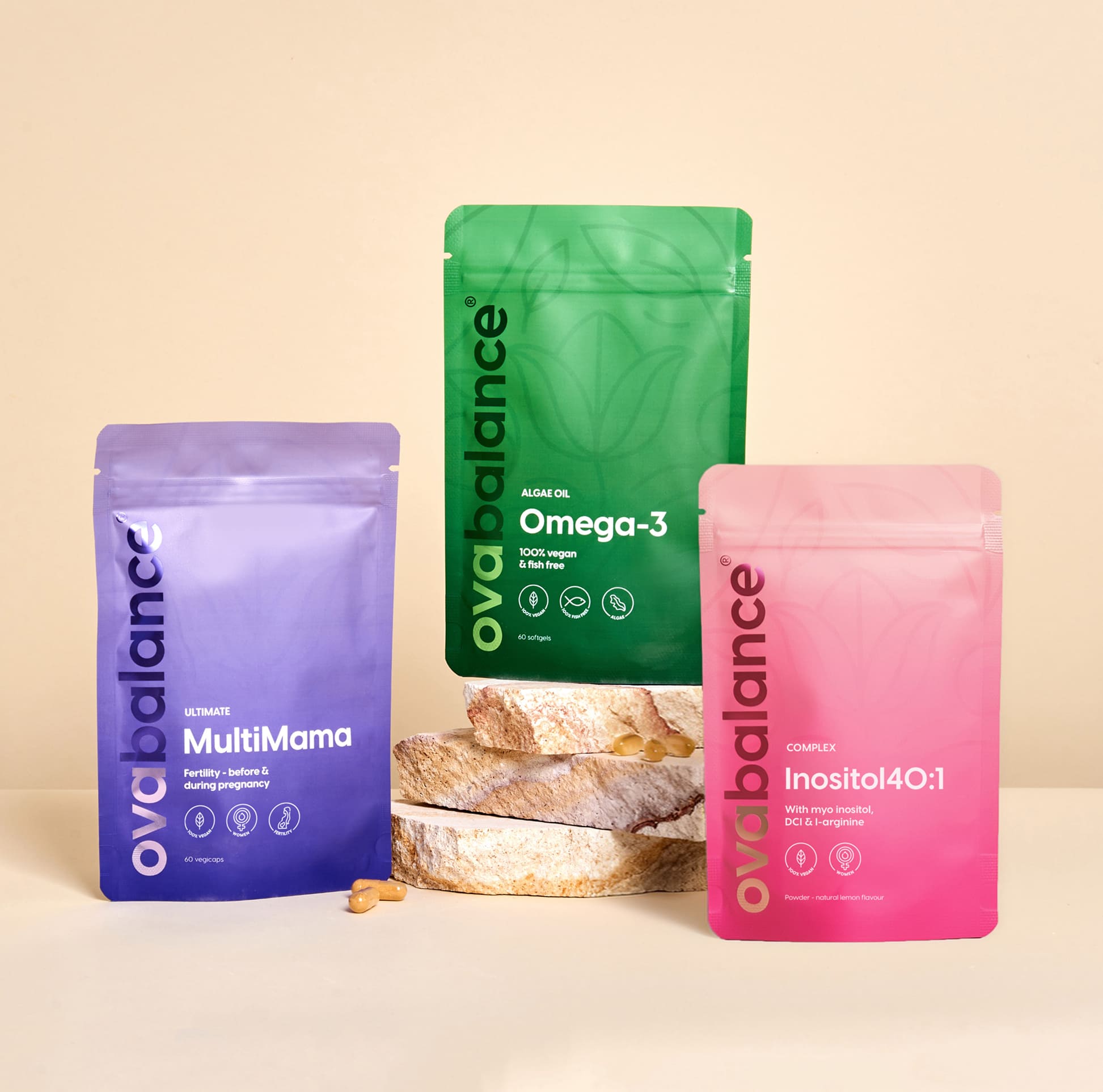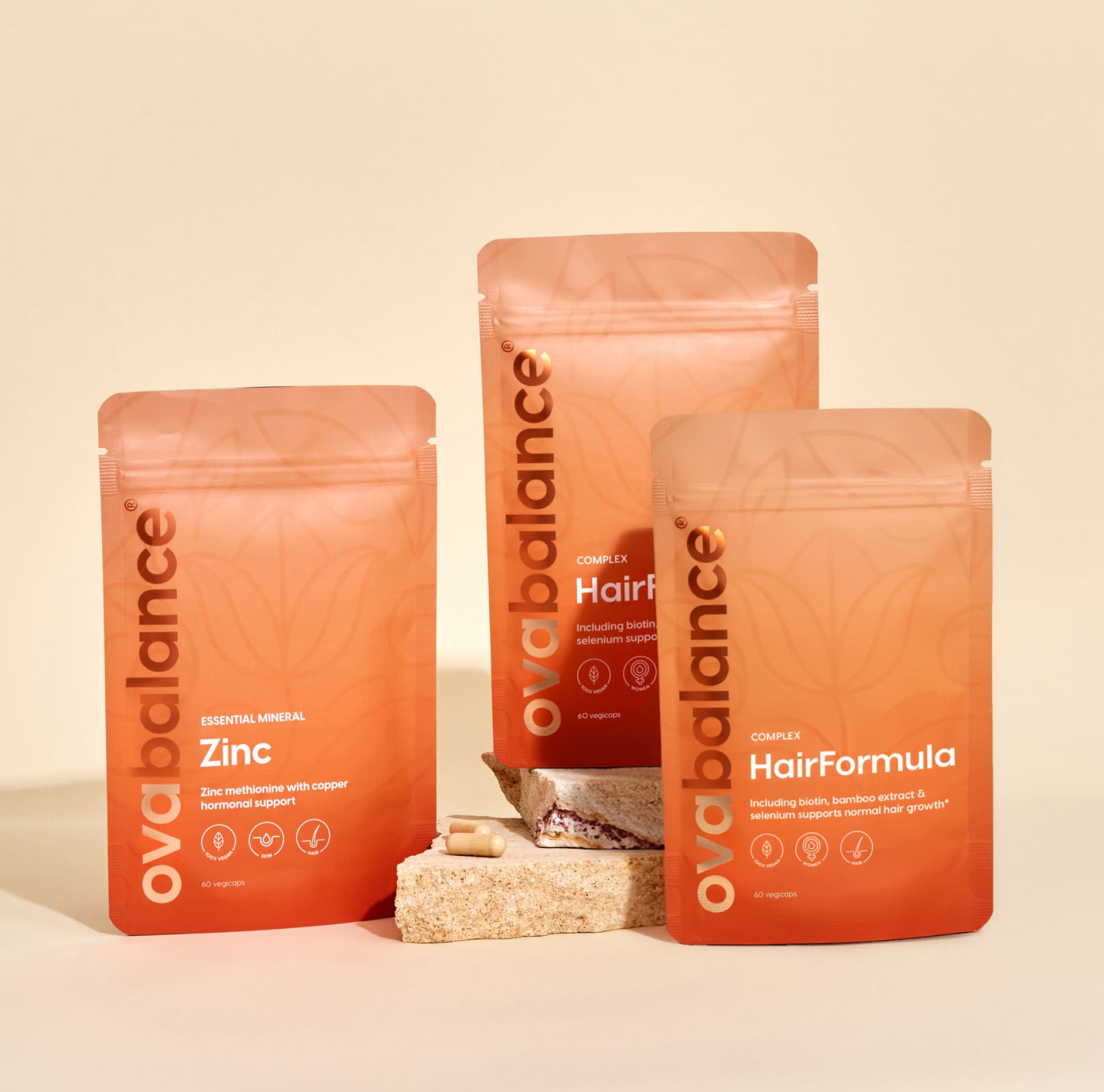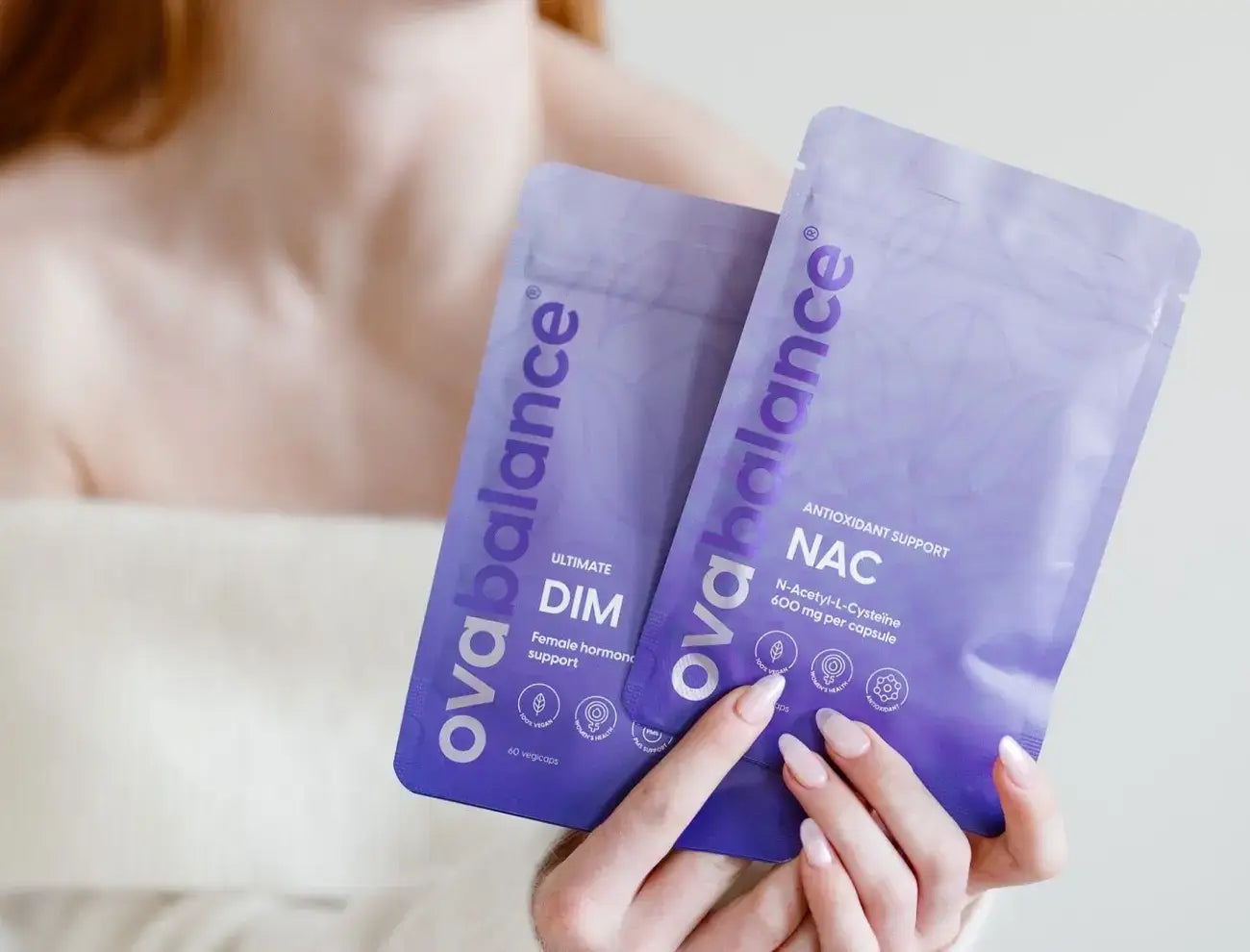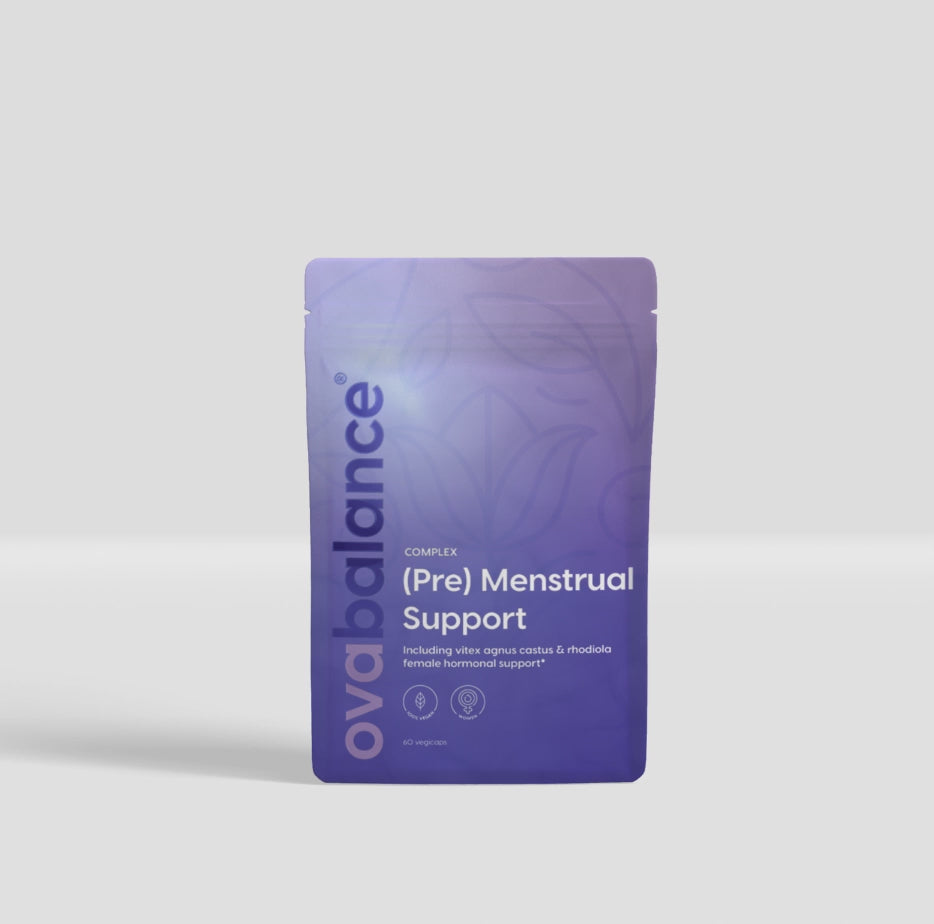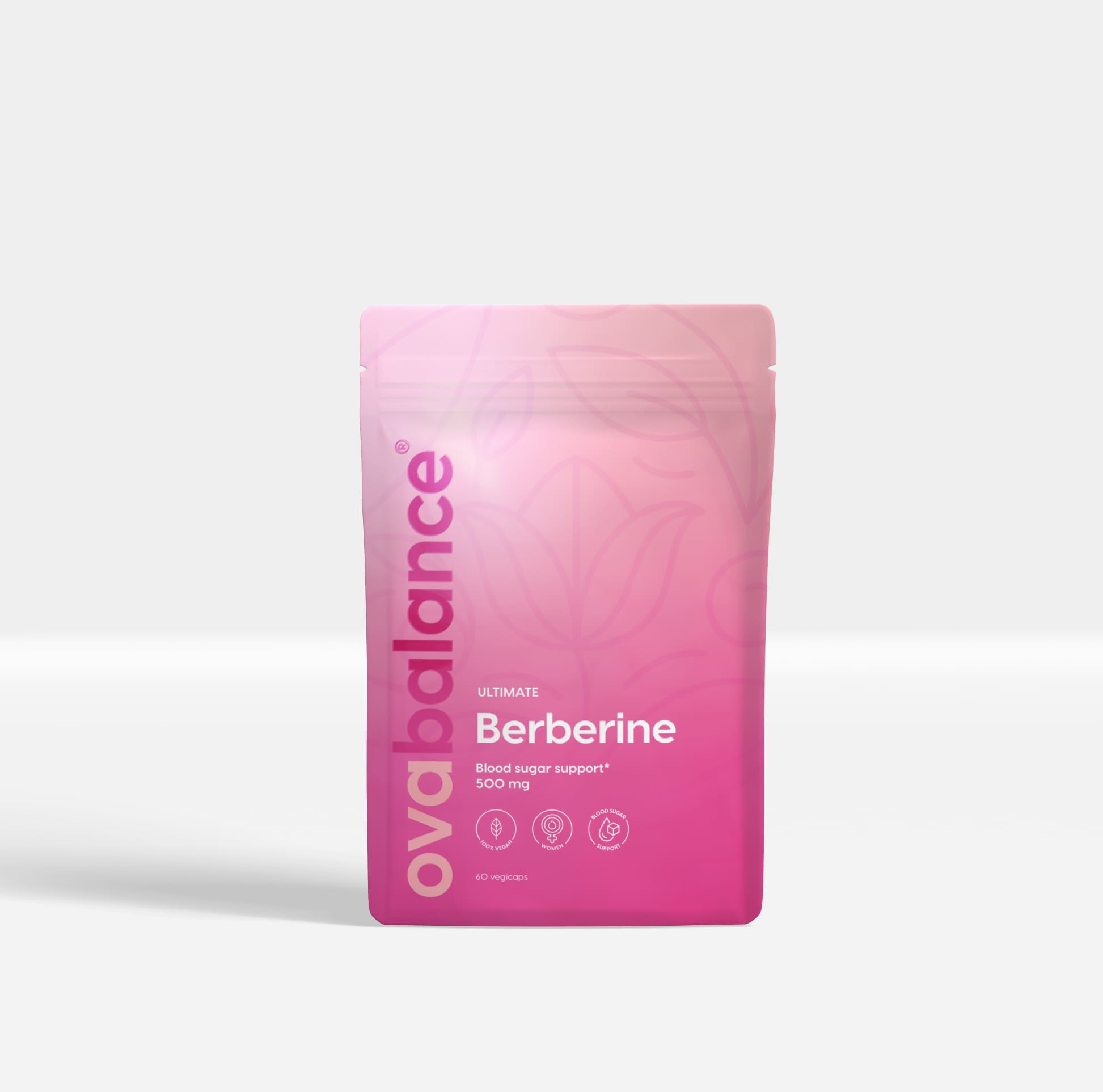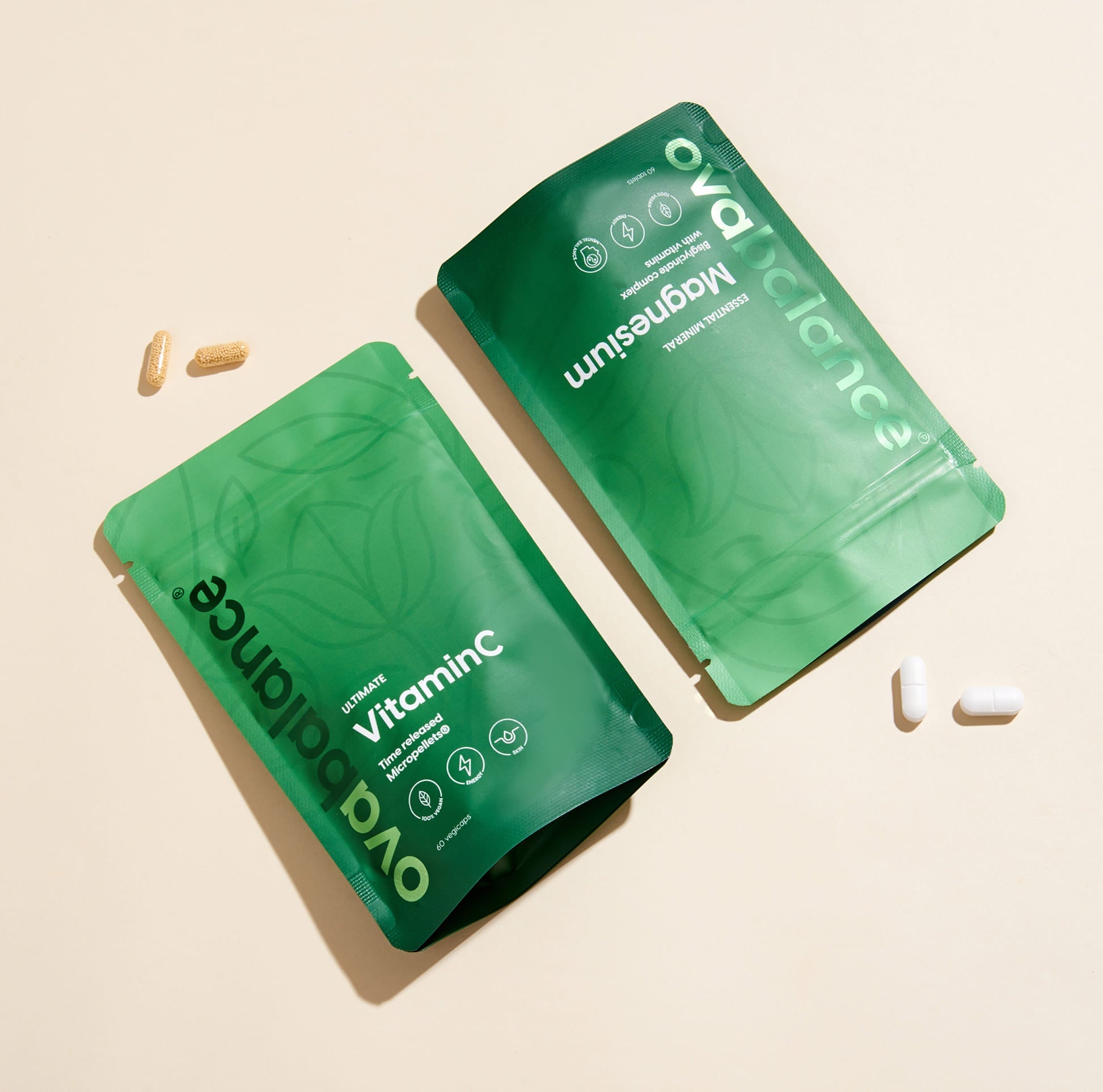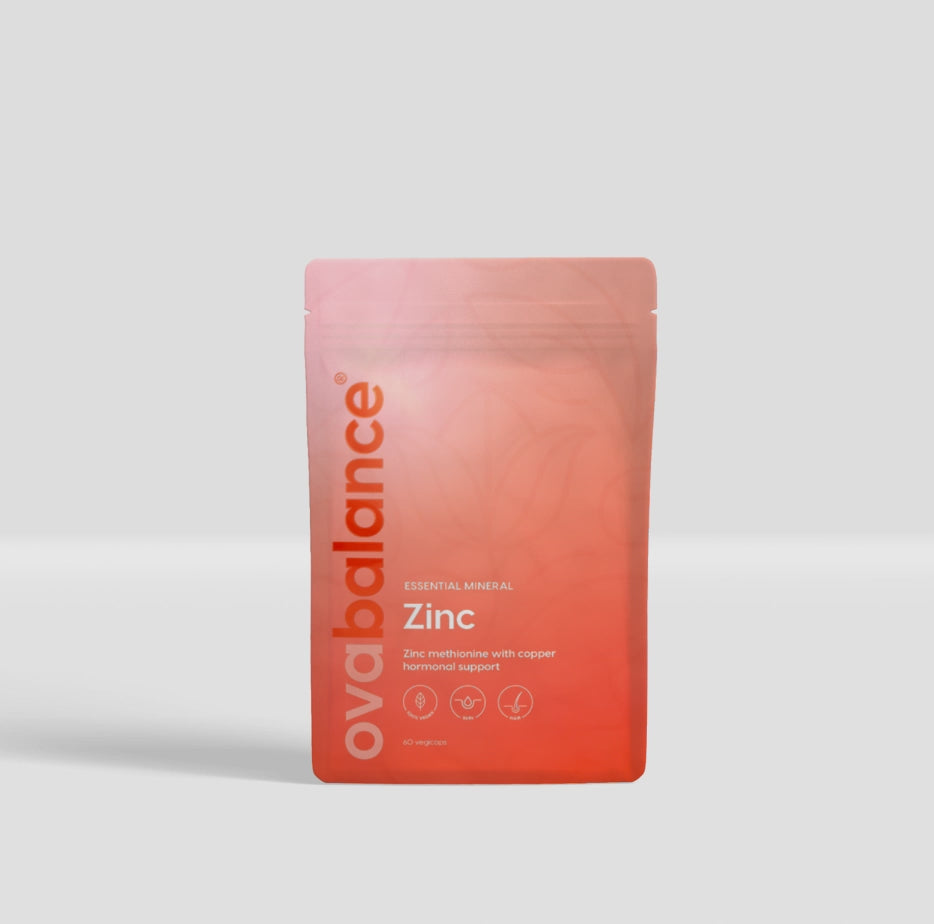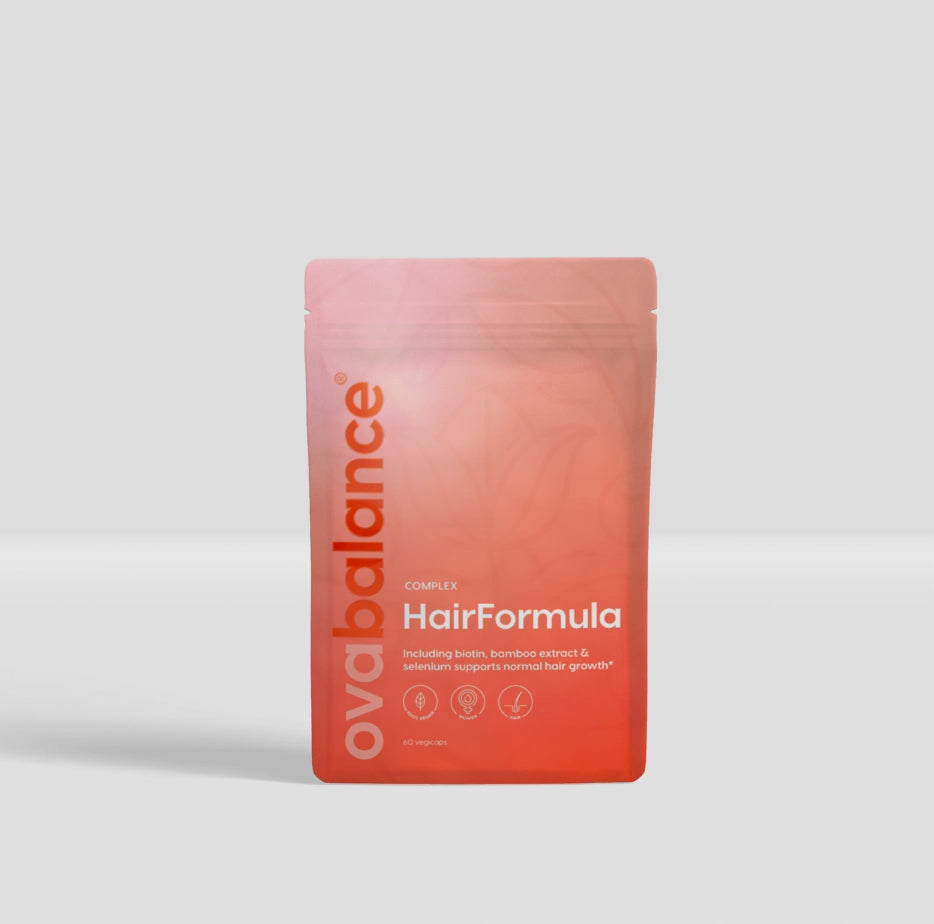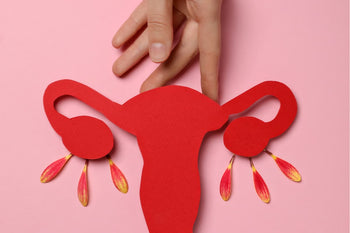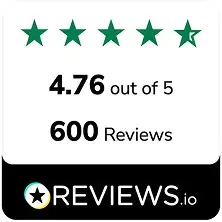

You've been taking the pill for years because you don't plan on getting pregnant. But do you know that the pill affects the amount of vitamins and minerals your body can absorb or use?
Research has shown that using the pill is sometimes associated with low levels of certain vitamins and minerals in our blood.
The contraceptive pill is usually used to prevent pregnancy. Others use it because they find it pleasant to regulate or even postpone their menstruation. For many, the pill is a solution that they would rather not miss. But what some do not know is that there are also disadvantages associated with this form of hormonal contraception.
Contents
The disadvantages of the contraceptive pill
In addition to side effects that can accompany the use of the pill, such as weight gain, headaches, mood swings, breast tenderness or breakthrough bleeding [1], there are also other disadvantages. The contraceptive pill affects the mineral and vitamin status in your body [2]. For all kinds of processes in your body, you need sufficient nutrients, including vitamins and minerals. These are the so-called micronutrients: you do not need many of them, but they are essential for your health. For most vitamins, it is true that you cannot produce them yourself, but that you have to absorb them from your food.
The contraceptive pill and your need for vitamins and minerals
The B vitamins B2 and B6, vitamin C and folate (the active form of folic acid) are examples of vitamins that are sometimes present in low amounts in your body when you use the pill for a long time [2]. The absorption is affected by this or the need of your body for the nutrient increases, causing you to use more of it. The absorption of minerals such as zinc and magnesium is also affected by the daily pill.
What can you do to ensure you get enough nutrients?
Of course, you can consider using another form of contraception. For example, the hormone-free copper coil or a barrier method such as a condom. If you continue to use the pill, it is good to at least pay attention to your healthy diet. So that you get enough of all nutrients and your body has the opportunity to absorb these nutrients. If you feel that you could use some support with this, then look into a nutritional supplement.
Nutritional supplements
A nutritional supplement gives you that little bit extra, to supplement what you already get through your diet. You can think of a supplement with:
Vitamin C : a versatile vitamin that contributes to various bodily processes. For example, it supports your immune system and healthy skin, helps with fatigue and contributes to your mental resilience. OvaBalance Vitamin C is a high-dose vitamin C supplement supplemented with bioflavonoids and rosehip to support the action of the antioxidant vitamin C.
Zinc : contributes to normal resistance and fertility. In addition, zinc contributes to the maintenance of healthy skin, normal hair and healthy nails. OvaBalance Essential Mineral Zinc is a well-absorbable zinc supplement, which also contains copper.
Multivitamin : Ovabalance Ultimate Multi Mama is the multivitamin from OvaBalance. It is aimed at women who want to have children or women who are pregnant or breastfeeding. It is a very complete multi with all the nutrients your body needs. It contains both magnesium and zinc and the B vitamins, folate and vitamin C are also well represented in this food supplement.
OvaBalance offers nutritional supplements with excellent ingredients. We are #obsessedwithquality and only choose the best. All supplements are vegan, lactose- and gluten-free and specially designed for you #madeforyou!
Sources:
1. Contraceptive pill – Side effects and risks – Apotheek.nl
2. Effects of oral contraceptives on nutritional status - LK Massey, MA Davison - Am Fam Physician. 1979 Jan;19(1):119-23.

